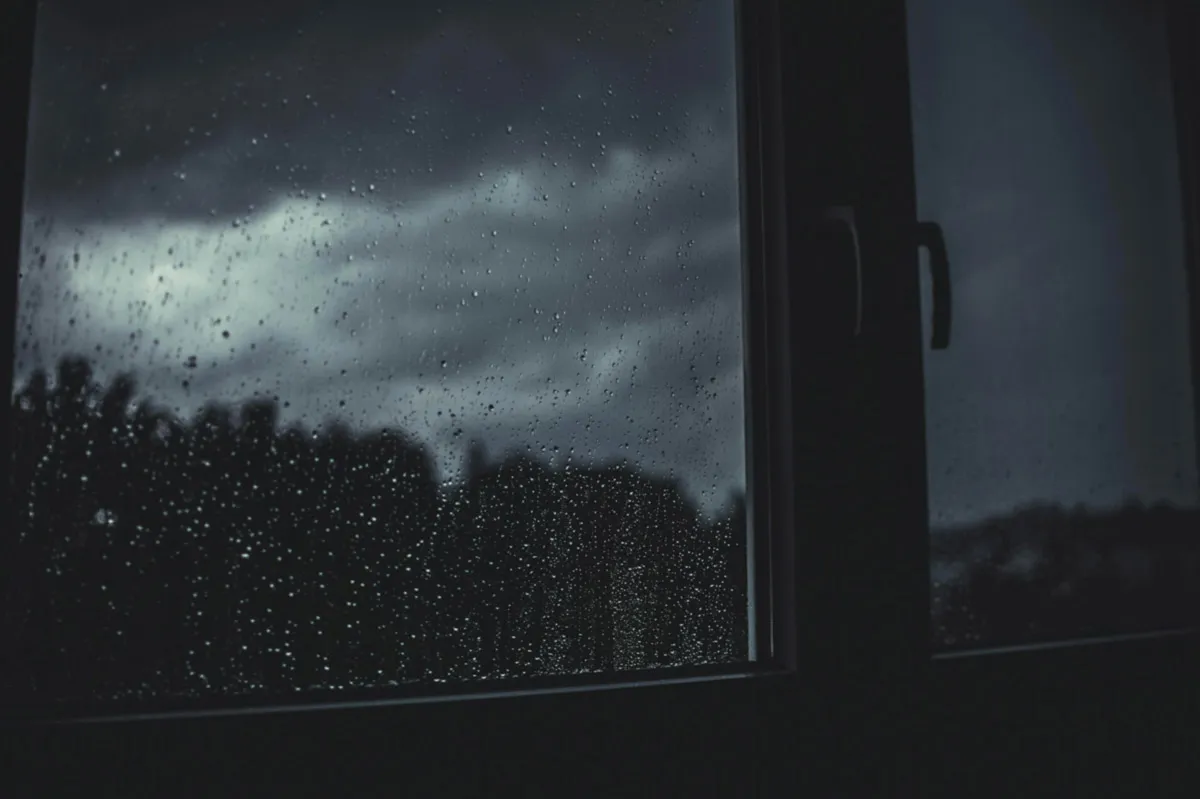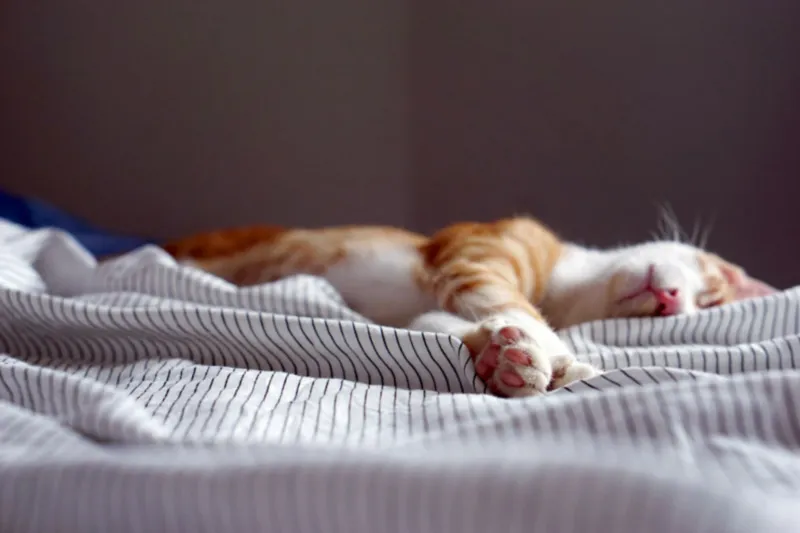
Have you ever noticed how easy it is to fall asleep on a rainy day? There’s something about those weekend afternoons when the rain is pouring down outside, the room is dimly lit, and you’re curled up with a book (though that might not be great for your eyes!). Before you know it, you’ve drifted off, only to wake up hours later.
So, why does rain make us so sleepy? It turns out there are three “magical” reasons behind this phenomenon.
Magic 1: Lower Temperatures
Our ancestors developed a rhythm of waking up with the sun and sleeping when it sets. As night falls, temperatures drop, signaling the brain that it’s time to rest. Even though modern life often disrupts this natural rhythm, our instinct to sleep in cooler temperatures remains strong.
Rainy days bring cooler temperatures, which can trigger this ancient sleep signal. Studies have shown that when indoor temperatures are too high, it’s not only hard to fall asleep but also easy to wake up and have poor-quality sleep. Cooling the body before bed, such as with a warm bath that lowers body temperature through evaporation, can help improve sleep by sending a “time to rest” signal to the brain. An ideal sleep environment is around 68°F (20°C), promoting deeper and more refreshing sleep. So, rain cools the world and helps us achieve better rest.
Magic 2: Natural White Noise
The sound of rain, ocean waves, waterfalls, or rustling leaves are all forms of natural white noise. These sounds are comforting, relaxing, and monotonous, making them perfect for aiding sleep. White noise is often used in therapies to improve sleep, reduce tinnitus, and even alleviate mild depression and attention disorders.
The consistent sound of rain can lull you into a state of relaxation, making it easier to fall asleep. Other natural sounds, like birds chirping or wind blowing, or simply watching serene landscapes, can have similar effects. These sounds not only help you sleep but also help consolidate daytime memories.

Magic 3: Dim Light
The dim lighting on rainy days stimulates the pineal gland in the brain to produce melatonin, the hormone that regulates sleep and wake cycles. Essentially, the brain is tricked into thinking it’s nighttime, prompting it to prepare for sleep.
However, the brain’s prefrontal cortex, which handles higher cognitive functions like attention and decision-making, might still resist, insisting that it’s daytime and you shouldn’t be sleeping. If you’re already sleep-deprived, this internal conflict between the urge to sleep and the need to stay awake can make you feel particularly exhausted.
This tug-of-war is similar to struggling to stay awake during a monotonous lecture while the teacher keeps watching you. It explains why we often feel extra tired on rainy days. If you have the opportunity, take a nap!
Conclusion
Rainy days provide the perfect conditions for sleep, thanks to cooler temperatures, soothing white noise, and dim lighting. Embrace these natural signals and cherish the chance for good rest. Avoid too much screen time, maintain a regular sleep schedule, and prioritize deep, restorative sleep. Your body and mind will thank you!

